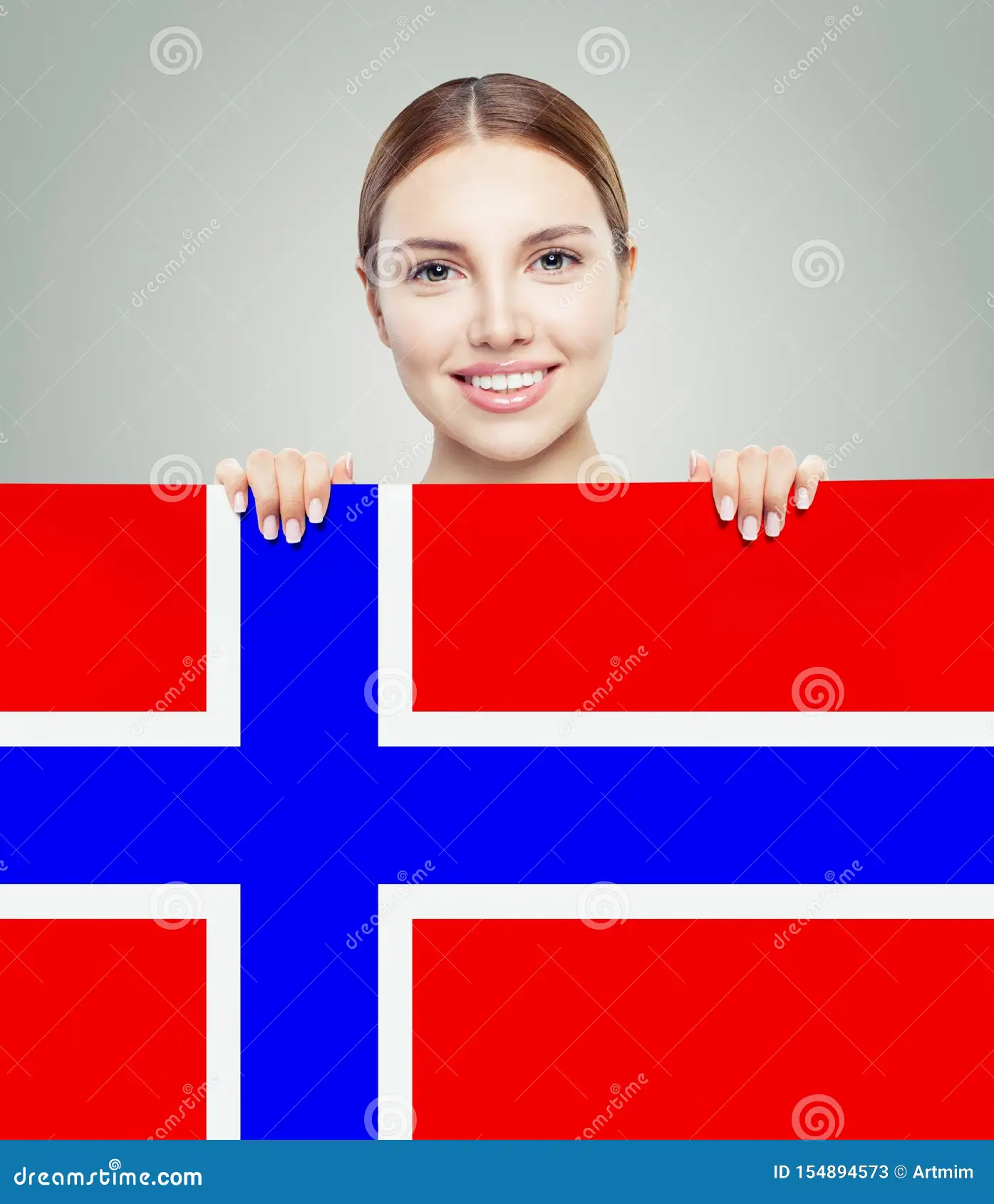Last Updated on December 4, 2024 by johnomojevwe@gmail.com
Norway is renowned for its exceptional quality of life, breathtaking natural landscapes, and world-class education. As an international student, studying in Norway can be an enriching experience, but understanding the financial requirements is crucial for proper planning. This blog will explore the costs of tuition, living expenses, and tips for managing your budget while studying in Norway.
Why Study in Norway?
- Tuition-Free Education: Public universities in Norway do not charge tuition fees, even for international students.
- English-Taught Programs: A wide range of degree programs is available in English, especially at the master’s level.
- High-Quality Education: Norway’s institutions emphasize practical learning and innovation.
- Safe and Inclusive Society: Norway is consistently ranked as one of the safest countries in the world.
- Natural Beauty: Studying in Norway provides access to stunning landscapes, from fjords to northern lights.
Breakdown of Costs
1. Tuition Fees
- Public Universities:
- Tuition is free for both EU/EEA and non-EU/EEA students at public universities.
- Students are required to pay a small semester fee ranging from NOK 300–600 (€30–€60 or ₦24,000–₦48,000) per semester.
- Private Universities:
- Tuition fees range from NOK 50,000–150,000 (€4,500–€13,500 or ₦3.6 million–₦10.8 million) per year, depending on the program.
2. Living Expenses
Living in Norway can be expensive, but careful planning can help you manage costs.
- Accommodation:
- Student Housing: NOK 3,000–5,000 per month (€270–€450 or ₦220,000–₦370,000).
- Private Apartments: NOK 5,000–8,000 per month (€450–€720 or ₦370,000–₦590,000).
- Food and Groceries:
- NOK 2,500–3,500 per month (€225–€315 or ₦195,000–₦275,000).
- Transportation:
- NOK 500–800 per month (€45–€72 or ₦39,000–₦63,000).
- Discounts are available for students using public transport.
- Health Insurance:
- Students from non-EU/EEA countries must purchase private health insurance costing approximately NOK 2,000–3,000 (€180–€270 or ₦156,000–₦235,000) per year.
3. Miscellaneous Expenses
- Books and Supplies: NOK 500–1,000 per month (€45–€90 or ₦39,000–₦78,000).
- Internet and Phone: NOK 400–700 per month (€36–€63 or ₦31,000–₦55,000).
- Leisure and Entertainment: NOK 1,000–2,000 per month (€90–€180 or ₦78,000–₦156,000).
4. Proof of Funds for Residence Permit
International students must demonstrate that they have NOK 137,907 (€12,000 or ₦9.8 million) per year for living expenses when applying for a residence permit.
Ways to Offset Costs
1. Scholarships
While tuition is free, scholarships can help cover living expenses:
- Norwegian Quota Scheme: Offers funding for students from developing countries.
- Erasmus+ Program: Available for students within the EU/EEA.
- University-Specific Scholarships: Institutions like BI Norwegian Business School and NTNU provide financial aid to international students.
2. Part-Time Work
International students can work up to 20 hours per week during the academic year and full-time during holidays. Hourly wages range from NOK 150–200 (€14–€18 or ₦12,000–₦15,000).
3. Cost-Saving Tips
- Opt for student housing to reduce rent expenses.
- Use public transport discounts for students.
- Cook at home instead of dining out.
Useful Links for International Students
- Study in Norway – Official Portal
- Norwegian Directorate of Immigration (UDI)
- Scholarships in Norway
- Norwegian Universities and Colleges Admission Service (NUCAS)
Conclusion
Studying in Norway is an excellent opportunity for international students seeking affordable, high-quality education. Although living costs can be high, scholarships, part-time work, and strategic budgeting can make it manageable. Begin your application process early, explore funding opportunities, and prepare to experience one of the world’s best education systems.
